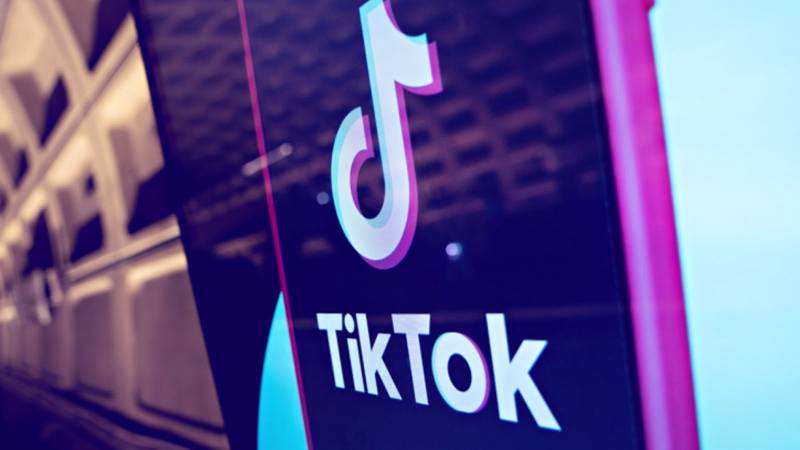
To comply with new regulations in the largest economy in Southeast Asia, social media platform TikTok has suspended its online buying operation in Indonesia.
The change will go into effect at 10:00 GMT/17:00 Jakarta time.
The country’s government claims that the rules are intended to protect regional brick-and-mortar and internet stores.
One of the main markets for TikTok Shop was Indonesia, which was the first nation to test the app's e-commerce functionality in 2021.
Indonesia published legislation this week that would require TikTok to separate its commerce functionality from the widely used video-sharing app there.
"Now, e-commerce cannot become social media," Indonesia's trade minister Zulkifli Hasan said when announcing the regulations. ”
He also gave social media companies a week to adhere to the new regulations or face losing their authorization to do business in the nation.
The declaration followed Joko Widodo, president of Indonesia, who stated last month: "We need to be careful with e-commerce. If there are restrictions, it may be extremely beneficial, but if there are none, it can be detrimental.”
In a statement on Tuesday, TikTok stated that maintaining compliance with local laws and regulations was a top concern.
In light of this, it said, "We will no longer support e-commerce transactions in TikTok Shop Indonesia."
In recent years, online sales have greatly increased in Indonesia. According to the central bank of the country, e-commerce sales would have climbed more than sixfold between 2018 and next year to reach 689 trillion Indonesian rupiah ($44 billion; £36.5 billion).
Since its debut two years ago, TikTok Shop has increased its market share in Indonesia's online retail industry, which is dominated by sites like Tokopedia, Shopee, and Lazada.
There are 125 million TikTok users in the country, or more than 278 million people. This includes the 6 million vendors and the millions of additional producers who make money by promoting products on TikTok Shop.
Shou Zi Chew, the company's chief executive, traveled to Indonesia in June and announced plans to invest billions of dollars there over the following three to five years.
Owners of physical stores, like Sukmamalingga, who has operated a shop selling Muslim clothes like kaftans in Tanah Abang Market in Jakarta for nine years, have been significantly impacted by the expansion of online merchants.
He told BBC News Indonesia that despite frequently sending pictures of new clothing models, none of his former clients from various parts of Indonesia any longer purchase.
According to government statistics, there are approximately 64 million smaller companies, sometimes referred to as micro, small, and medium firms, which make up about two-thirds of Indonesia's economy.
The new rules are just another setback for TikTok, which has been under fire in the US, the EU, and the UK, where Parliament has blocked the application from its network due to security concerns.
